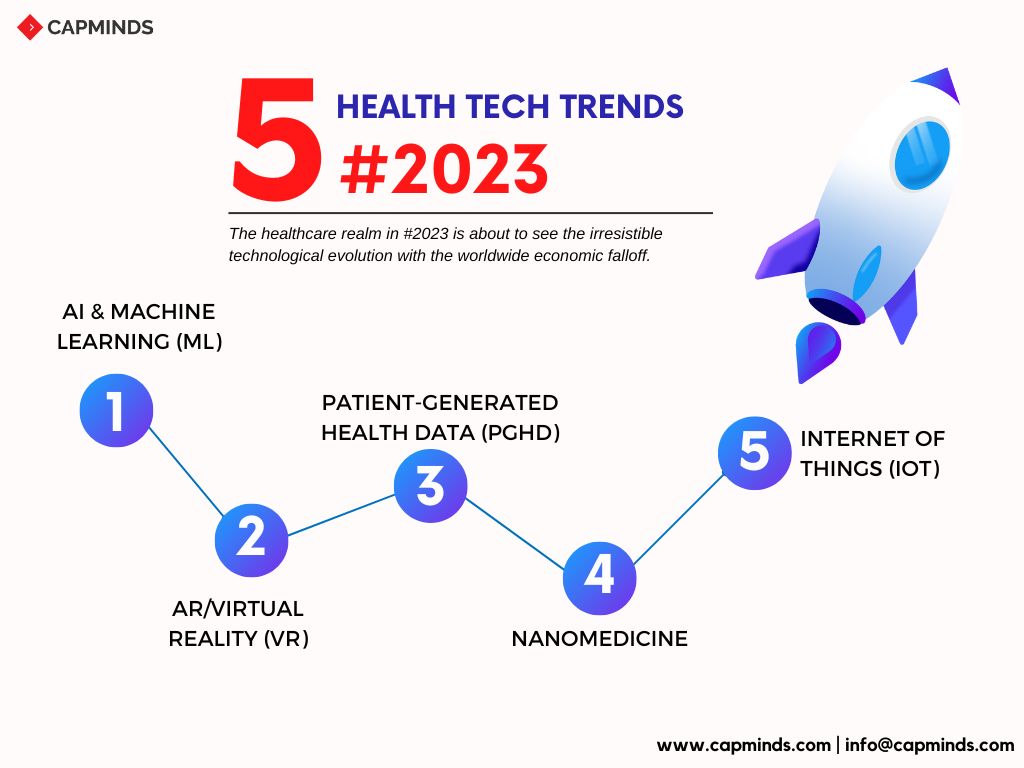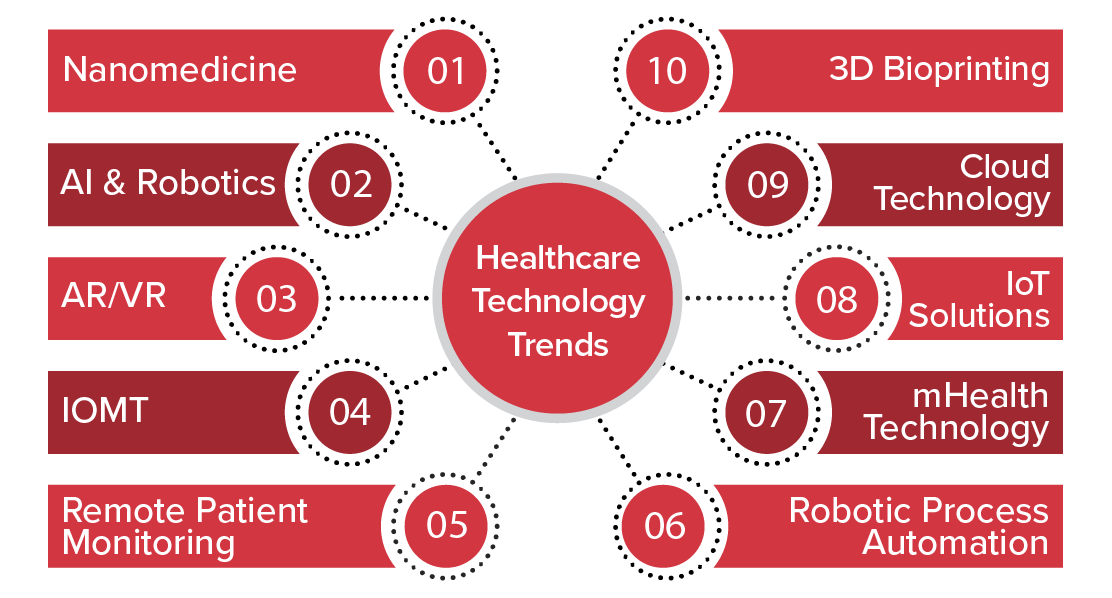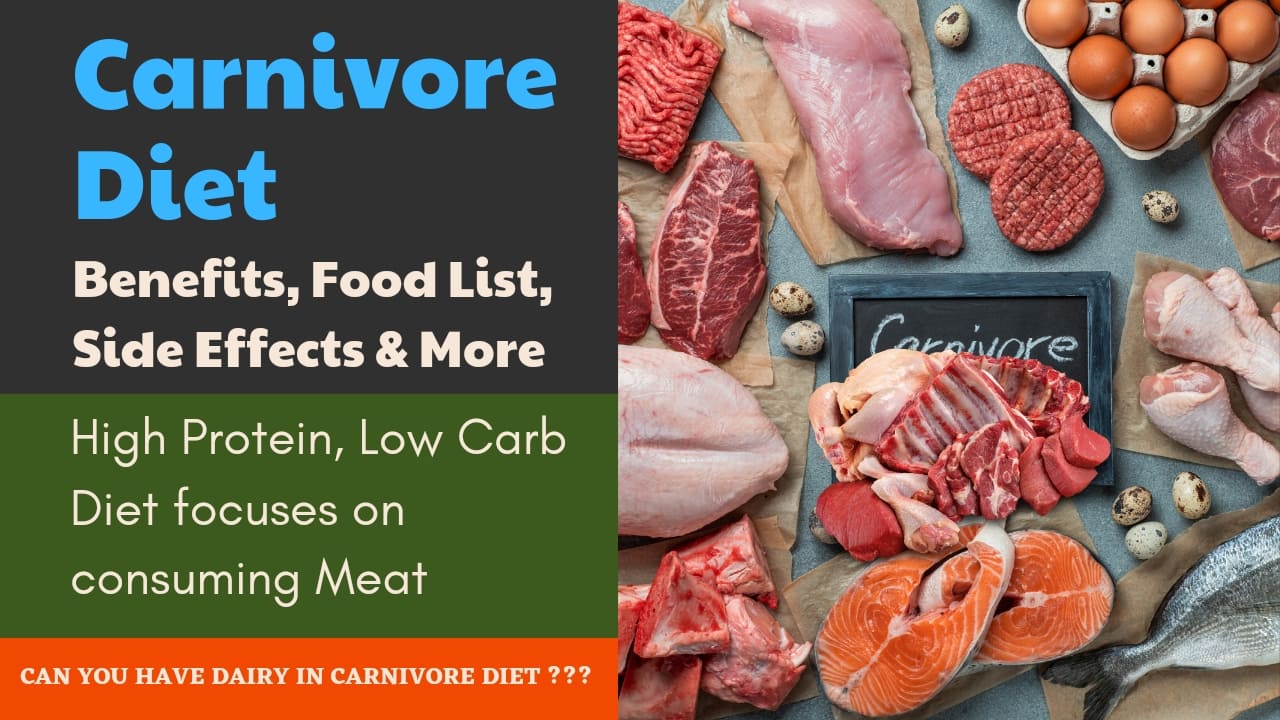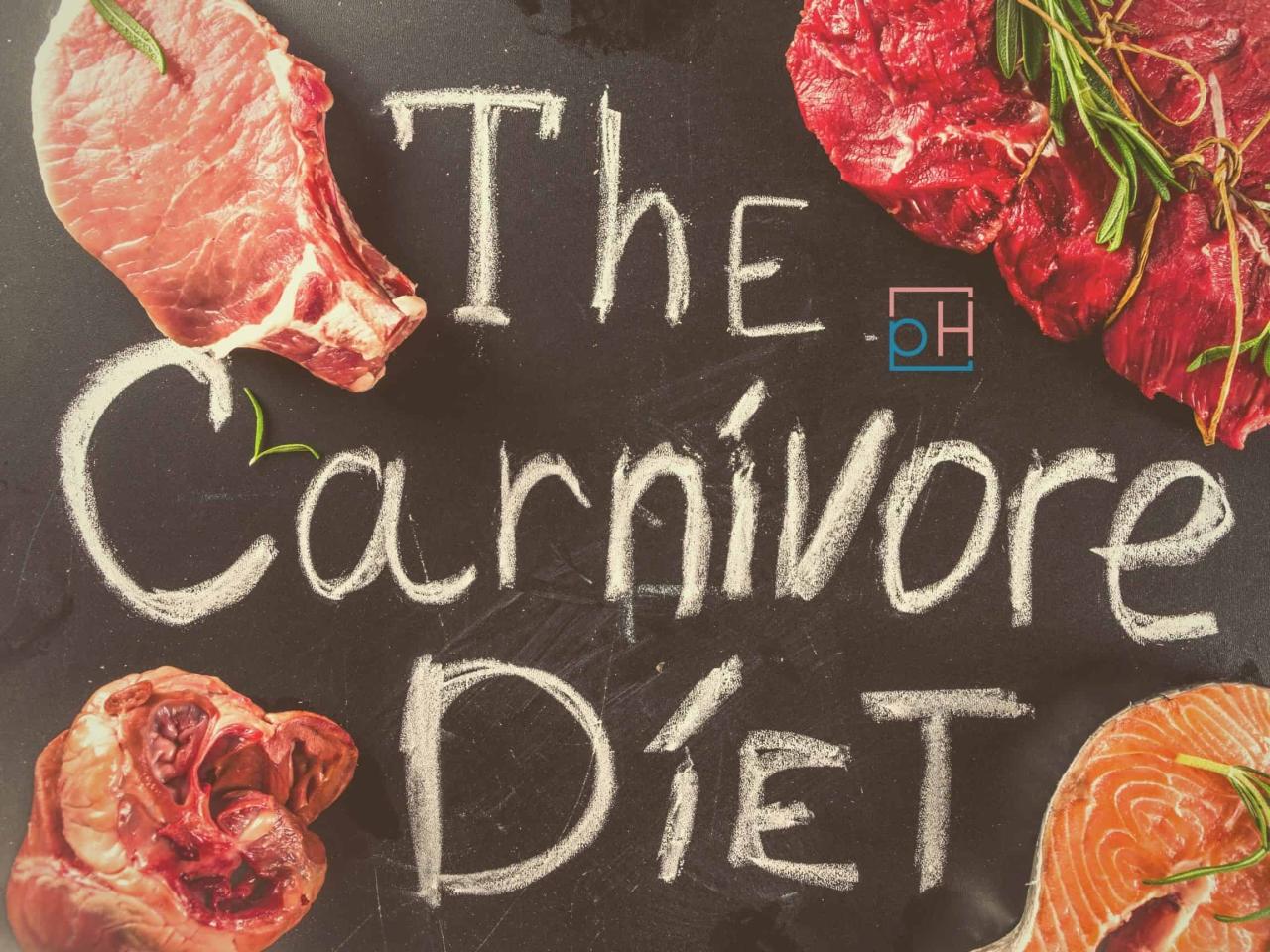Technology in Healthcare: Advancements and Impact

Top Health News: Technology – Technology has revolutionized the healthcare industry, bringing forth advancements that have significantly enhanced patient care, diagnosis, and treatment. From AI-powered diagnostics to remote monitoring devices, technology is transforming the way healthcare is delivered.
One of the most significant advancements in healthcare technology is the use of artificial intelligence (AI) in diagnostics. AI algorithms can analyze vast amounts of medical data, including patient records, imaging scans, and lab results, to identify patterns and predict disease risk.
This allows for earlier detection and more accurate diagnosis, leading to timely interventions and improved patient outcomes.
Telemedicine and Remote Monitoring
Telemedicine and remote monitoring technologies have expanded access to healthcare, particularly for patients in remote areas or with limited mobility. Through video conferencing and wearable devices, patients can consult with healthcare providers remotely, receive diagnoses, and monitor their health conditions from the comfort of their homes.
Surgical Robotics
Surgical robotics has brought greater precision and accuracy to surgical procedures. Robotic systems assist surgeons with complex operations, providing enhanced visualization, stability, and dexterity. This leads to reduced surgical times, less invasive procedures, and faster patient recovery.
Personalized Medicine
Advancements in genetic sequencing and data analytics have paved the way for personalized medicine. By analyzing an individual’s genetic makeup and medical history, healthcare providers can tailor treatments to the specific needs of each patient. This approach optimizes treatment efficacy, reduces side effects, and improves patient outcomes.
Telemedicine and Remote Healthcare
Telemedicine is the delivery of healthcare services remotely using telecommunications technology. It enables patients to consult with healthcare providers from the comfort of their own homes or from remote locations where access to traditional healthcare facilities may be limited.
Telemedicine offers numerous benefits for both patients and healthcare providers. For patients, it provides convenient and accessible healthcare, reducing the need for travel and time spent in waiting rooms. It also allows patients to receive care from specialists who may not be available in their local area.
Challenges and Opportunities of Remote Healthcare Delivery
Telemedicine also presents certain challenges. One challenge is ensuring the privacy and security of patient data transmitted over the internet. Another challenge is the need for reliable and high-speed internet access, which may not be available in all areas.
Despite these challenges, telemedicine is rapidly expanding and is expected to play an increasingly important role in healthcare delivery in the future. As technology continues to advance, telemedicine will become more accessible and affordable, and its benefits will continue to grow.
Successful Telemedicine Programs and Their Impact on Healthcare Access
There are numerous successful telemedicine programs that have demonstrated the benefits of remote healthcare delivery. One such program is Project ECHO, which uses videoconferencing to connect healthcare providers in underserved areas with specialists at academic medical centers. Project ECHO has been shown to improve access to specialty care, reduce healthcare costs, and improve patient outcomes.
Another successful telemedicine program is the Veterans Health Administration’s (VHA) Telehealth program. The VHA Telehealth program provides a wide range of healthcare services to veterans, including primary care, mental health care, and specialty care. The VHA Telehealth program has been shown to improve access to care, reduce costs, and improve patient satisfaction.
These are just a few examples of the many successful telemedicine programs that are making a positive impact on healthcare access. As technology continues to advance, telemedicine is expected to play an increasingly important role in healthcare delivery, improving access to care and reducing costs.
Wearable Health Devices and Patient Monitoring: Top Health News: Technology
Wearable health devices have emerged as powerful tools for monitoring and managing personal health. These devices offer a range of capabilities that empower individuals to track their health metrics, monitor chronic conditions, and promote overall wellness.
Types and Capabilities of Wearable Health Devices
- Fitness trackers:Monitor steps, calories burned, and heart rate.
- Smartwatches:Track activity levels, sleep patterns, and heart rate; some models also include GPS and other advanced features.
- Medical-grade devices:Designed for specific medical conditions, such as continuous glucose monitors for diabetes management or electrocardiogram (ECG) monitors for heart health.
Benefits of Wearable Devices for Health Monitoring
- Real-time data tracking:Provides continuous monitoring of health metrics, enabling early detection of potential health issues.
- Chronic condition management:Helps individuals with chronic conditions, such as diabetes or heart disease, monitor their symptoms and adjust their treatment plans accordingly.
- Wellness promotion:Encourages individuals to adopt healthier habits by providing feedback on their activity levels, sleep patterns, and other health metrics.
Challenges of Data Privacy and Security
While wearable devices offer numerous benefits, they also raise concerns about data privacy and security. The data collected by these devices can be sensitive, including personal health information and location data. It is essential for manufacturers and users to take appropriate measures to protect this data from unauthorized access and misuse.
Artificial Intelligence in Healthcare
Artificial intelligence (AI) is rapidly transforming the healthcare landscape, offering unprecedented opportunities to improve disease diagnosis, treatment optimization, and personalized medicine. AI algorithms can analyze vast amounts of medical data, identify patterns, and make predictions that can assist healthcare professionals in making more informed decisions.
Potential Benefits of AI in Healthcare
* Improved disease diagnosis:AI algorithms can analyze medical images, such as X-rays and MRI scans, to detect abnormalities and diagnose diseases at an early stage, even before symptoms appear.
Treatment optimization
AI can help healthcare professionals determine the most effective treatment plans for individual patients based on their unique genetic profile, medical history, and lifestyle factors.
Personalized medicine
AI can enable the development of personalized treatment plans tailored to each patient’s specific needs, leading to more effective and targeted therapies.
Ethical and Regulatory Considerations
While AI holds immense promise for healthcare, its use raises important ethical and regulatory considerations:* Data privacy and security:AI algorithms require access to vast amounts of medical data, which raises concerns about patient privacy and data security.
Bias and fairness
AI algorithms can be biased if they are trained on data that is not representative of the population they are intended to serve.
Accountability and transparency
It is essential to establish clear guidelines for the use of AI in healthcare, including accountability for decisions made by AI algorithms.By addressing these ethical and regulatory considerations, healthcare professionals and policymakers can ensure that AI is used responsibly and ethically in healthcare, maximizing its potential benefits while minimizing its risks.
Virtual and Augmented Reality in Healthcare
Virtual reality (VR) and augmented reality (AR) are emerging technologies that have the potential to transform healthcare. VR creates a simulated environment that can be used for training, rehabilitation, and pain management. AR overlays digital information onto the real world, providing surgeons with real-time data during surgery and allowing patients to interact with their medical information in new ways.
Surgical Training
VR can be used to create realistic simulations of surgical procedures, allowing surgeons to practice and improve their skills in a safe and controlled environment. This can help to reduce the risk of complications during actual surgery and improve patient outcomes.
Patient Rehabilitation, Top Health News: Technology
VR can also be used to help patients with rehabilitation. For example, VR can be used to create virtual environments that simulate real-world scenarios, such as a grocery store or a busy street. This can help patients to practice everyday activities and improve their confidence and independence.
Pain Management
VR can also be used to help manage pain. VR can be used to create immersive experiences that distract patients from their pain and help them to relax. This can be helpful for patients with chronic pain or pain from acute injuries.
Challenges and Limitations
While VR and AR have the potential to transform healthcare, there are still some challenges and limitations to their use. One challenge is the cost of VR and AR equipment. Another challenge is the need for specialized training to use VR and AR technology effectively.
Additionally, VR and AR can be disorienting or uncomfortable for some users.
Data Analytics in Healthcare
Data analytics is revolutionizing healthcare by providing valuable insights that improve patient outcomes, reduce costs, and optimize healthcare delivery. By leveraging data from electronic health records, medical devices, and patient-generated data, healthcare providers can gain a comprehensive understanding of patient health, identify trends, and make informed decisions.
Applications of Data Analytics in Healthcare
* Improving Patient Outcomes:Data analytics enables personalized treatment plans tailored to individual patient needs. It helps identify high-risk patients, predict disease progression, and develop early intervention strategies.
Reducing Costs
Data analytics can identify areas of waste and inefficiency in healthcare delivery. It can optimize resource allocation, reduce unnecessary tests and procedures, and negotiate better prices for medications.
Optimizing Healthcare Delivery
Data analytics helps streamline healthcare processes, improve communication between providers, and enhance patient engagement. It can optimize appointment scheduling, reduce wait times, and provide remote patient monitoring.
Challenges of Data Collection, Integration, and Analysis in Healthcare
* Data Collection:Collecting accurate and comprehensive data from various sources can be challenging due to data privacy concerns, inconsistent data formats, and lack of interoperability.
Data Integration
Integrating data from different systems and sources requires specialized tools and expertise to ensure data accuracy and consistency.
Data Analysis
Analyzing large and complex healthcare data requires advanced statistical techniques and computational power. Data analysts need specialized skills to interpret the results and translate them into actionable insights.
Personalized Medicine and Precision Health
Personalized medicine and precision health represent a transformative approach to healthcare that tailors treatments and interventions to the unique characteristics of each individual. This paradigm shift involves leveraging genetic information, health data, and advanced technologies to deliver customized healthcare solutions.
Personalized medicine empowers healthcare professionals to make informed decisions about the most appropriate treatments for each patient, considering their genetic profile, lifestyle, and overall health status. This approach offers numerous benefits, including:
- Improved treatment outcomes
- Reduced adverse drug reactions
- More targeted and effective therapies
- Early detection and prevention of diseases
However, implementing personalized medicine in healthcare poses challenges, including data privacy concerns, ethical considerations, and the need for specialized expertise. Despite these obstacles, the potential benefits of personalized medicine are vast, and it is expected to revolutionize healthcare in the coming years.
Cybersecurity in Healthcare

Cybersecurity plays a crucial role in protecting the privacy and integrity of sensitive healthcare data. Healthcare organizations handle vast amounts of personal health information, including medical records, financial data, and research findings. Securing this data from unauthorized access, theft, or misuse is paramount to ensure patient trust and maintain the integrity of healthcare systems.
Threats to Healthcare Data
Healthcare data is a valuable target for cybercriminals due to its sensitive nature. The potential consequences of a data breach can be severe, including:
- Identity theft and fraud
- Financial loss
- Reputational damage
- Disruption of healthcare services
Best Practices for Protecting Healthcare Data
To protect healthcare data from cyberattacks, organizations should implement a comprehensive cybersecurity strategy that includes:
- Strong access controls
- Encryption of data at rest and in transit
- Regular security audits and vulnerability assessments
- Employee training on cybersecurity best practices
- Incident response plan in place
By adhering to these best practices, healthcare organizations can significantly reduce the risk of data breaches and protect the privacy and integrity of patient information.





